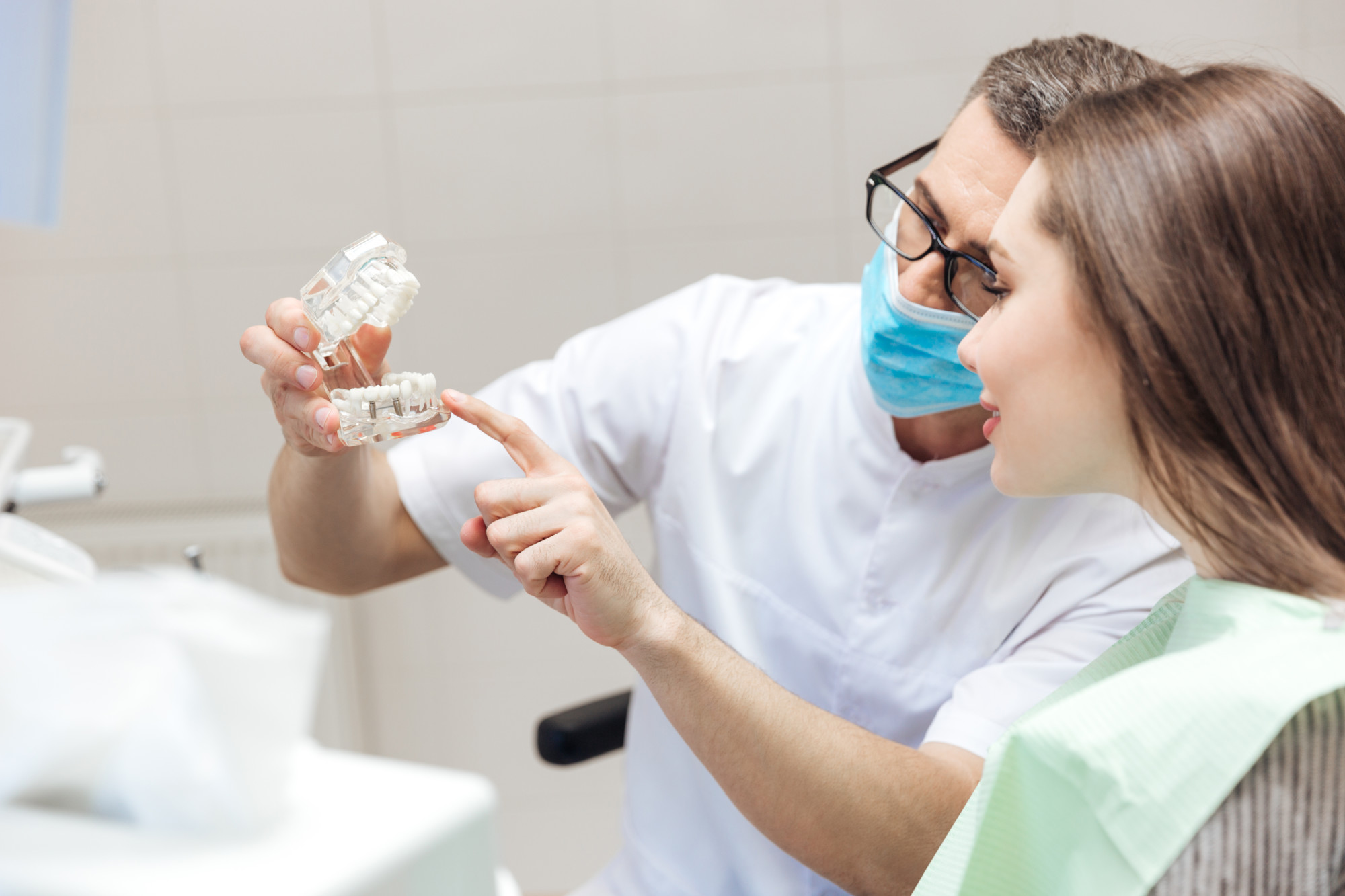Are you in need of emergency dentistry services?
When healthy emergencies strike, it’s always good to have a plan. Unfortunately, most people associate “emergencies” with going to the hospital. It’s less common to know what to do when you have an emergency with your teeth.
Fortunately, an emergency dentist can take care of most issues. In some cases, the work they do may be temporary. But at least it can hold you over until you can see your regular dentist.
Here’s more on what emergency dentistry is and why it might be worth the cost.
What Is Emergency Dentistry?
As the name implies, an emergency dentist is a dental professional that handles patients who need immediate care.
When you break a bone or get incredibly sick, you go to the hospital. But if you crack a tooth, the hospital can’t do anything for you. This is when you might visit turn to emergency dentistry services.
Like other forms of emergency health specialists, an emergency dentist is usually available outside of normal working hours. This isn’t always the case, but you might be able to schedule an appointment early in the morning or night.
You may have to pay an additional fee to be treated, though.
*Keep in mind, this article is not meant to serve as a substitute for medical advice for your oral health. Speak to a dentistry professional to get advice for your specific situation.
When to See an Emergency Dentist
There are several cases that require emergency dentistry work.
Here are some common examples:
- Cracked, broken, or abscessed teeth
- Knocked out tooth
- Chipped tooth
- Tooth out of alignment
- Severe tooth pain
Basically, if you’ve lost or damaged a tooth or have immense pain, you might want to call a local dentist. The same goes for if there’s excessive bleeding or a severe infection in the mouth.
In some cases, time is of the essence for your trip to the dentist. If, for example, one of your teeth is knocked out, call right away. Put the tooth in a cup of milk and try to be seen sooner rather than later. This could make the difference between you keeping your tooth.
Type in “emergency dental near me” for all the options in your area.
What Isn’t a Dental Emergency
Unfortunately, oral care isn’t completely cut and dry. A lot can go wrong with our teeth. But that doesn’t mean everything is an emergency.
There are many instances where it’s better to wait to see your primary dentist than to pay for emergency dentistry. Examples include:
- A loose crown
- Slight tooth pain in the mouth/jaw
- Minor tooth repair
- Minor tooth chipping
Your primary dentist can handle these incidents. You’ll save money by waiting an extra day or two. Plus, it’s more likely that they’ll be able to accept your dental insurance (which only about 50 percent of American adults have).
Of course, reserve your best judgment if it will be several days before you can see them or if you think it will get worse if you wait. It’s always best to err on the side of caution when it comes to your oral health.
Emergency Dental Cost
Just like going to the ER, emergency dental costs will be higher than a regular trip to get your teeth cleaned. And if they don’t take your health insurance, you may have to pay for any work you get done out of pocket.
A good baseline to expect for visiting an emergency dentist is between $75 and $100. If you need a tooth pulled, it could be between $600 and $800, depending on where you live.
At a regular dentist’s office, crowns range between $1200 and $1400. Expect to pay at least this at an emergency dental office near you, plus more if you’re being seen promptly or outside working hours.
Outside of the typical nine to five workday, fees are likely to increase. Ask when you call to make sure you can afford the visit. Some emergency dentists use companies like Care Credit to make financing an option.
It’s also not a bad idea to set some money aside each month for dental work. Even if it’s not an emergency, having a little cash on hand for your oral health is always a smart move.
How to Avoid Dental Emergencies
Avoiding dental emergencies is about being proactive. Taking care of your mouth and developing good hygiene habits can prevent bad things from happening altogether.
See your dentist regularly to get your teeth cleaned and checked. He or she will be able to tell you what type of routine work you need. Getting fillings done when they’re required could prevent a tooth from cracking or chipping later on.
Your dentist can also warn you about signs of tooth decay, gingivitis, or periodontal disease. Left untreated, these things can quickly turn into dentistry emergencies.
Outside of these tips, be sure to avoid physical contact to the face and wear a mouth guard if you’re playing sports. Lifestyle considerations come into play here.
Should You See an Emergency Dentist?
Time is of the essence when it comes to emergency dentistry. If you need work done, make the phone call as soon as possible to find out your options.
Bleeding, severe infection or pain, or a damaged tooth (cracked, chipped, abscessed, etc.) are all considered emergencies. Slight pain or swelling or a loose crown are not. You can probably wait to see your regular dentist and will save money by doing so.
For more tips on saving money, check out the rest of our blog!
